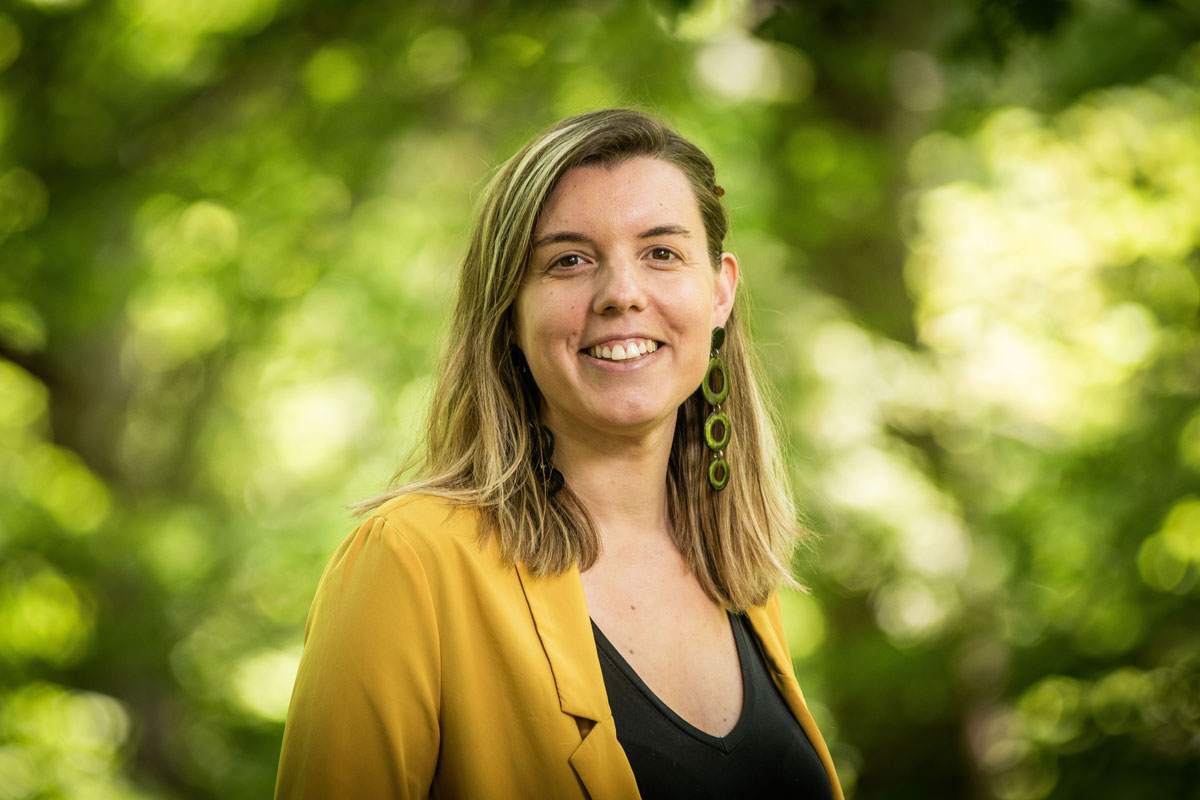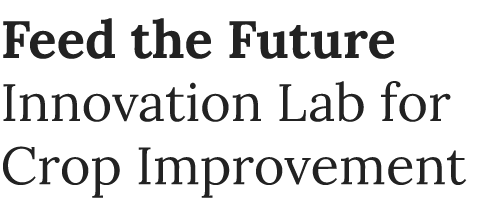
Martina Occelli has been named co-lead for the Priority Setting team for the Feed the Future Innovation Lab for Crop Improvement (ILCI), further advancing efforts to develop and implement an impact-centered priority setting framework for crop improvement programs.
Occelli, a postdoctoral associate in the School of Integrative Plant Science at Cornell University’s College of Agriculture and Life Sciences, has been a research member on the Priority Setting team at ILCI since the end of 2021. The Priority Setting team at ILCI works with plant breeders in partner countries to think critically about multidimensional priorities across economic, environmental, nutritional, gender equity, youth engagement and resilience domains. Their work involves pinpointing key crop breeding challenges, aligning breeding research priorities with the needs of farmers and communities, and fostering interdisciplinary and participatory collaboration among scientists, stakeholders, and organizations.
With a background in agricultural and development economics and a deep understanding of participatory plant breeding processes, Occelli is well-suited for her role in advancing ILCI’s mission of improving crop varieties for food security, according to ILCI director Stephen Kresovich.
“Dr. Occelli is a proven leader with a strong commitment to linking science and service in the international agricultural development arena. She has been exemplary with her efforts and energies to foster collaboration, innovation, and research excellence in crop improvement,” Kresovich said. “Because of these characteristics, she has become a magnet for partner engagement.”
Since joining ILCI, Occelli has led the development and implementation of several cutting-edge priority setting studies, often piloting the use of economic tools in novel ways through interdisciplinary collaboration. Recent examples include: piloting a participatory, ex-ante priority setting framework in Burkina Faso; field testing a more inclusive DNA fingerprinting protocol in Costa Rica and adapting a intra-household willingness-to-pay trait prioritization model for agricultural value chain actors in Senegal.
Throughout her work, Occelli’s approach relies on ensuring that national agricultural research programs are key drivers of program activities, and involved in every step, from research design to data collection and publication. This focus on national researchers both reflects the equity lens that infuses her work, and is also smart science: locally-led research has potential to lead to more appropriate crop varieties, with better outcomes for communities and better adoption rates by farmers. And Occelli’s appointment comes at a critical time, with crop breeding called to be increasingly demand-led, Occelli said
“The global crop improvement community needs to design priority setting tools and methods which are inclusive, participatory and gender intentional. This will enable us to collect good quality, unbiased and representative data, which will support crop breeding to deliver on its promise to breed for healthy, nutritious, and sustainable crops,” Occelli said. “Inclusive priority setting is an interdisciplinary effort which moves trait prioritization beyond productivity and yield.”



